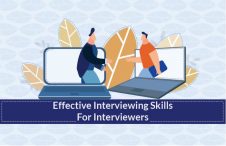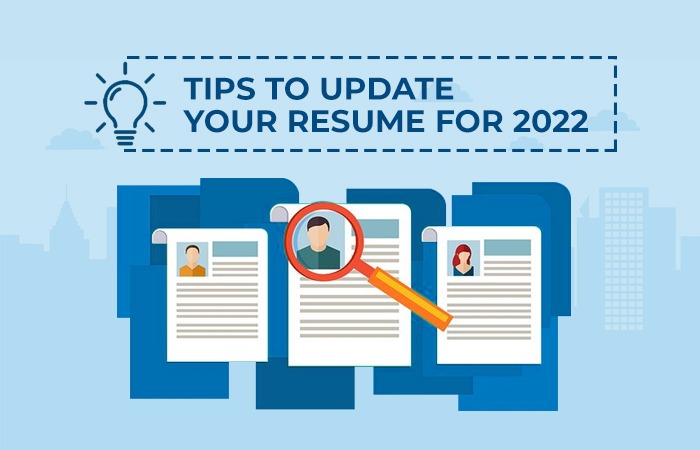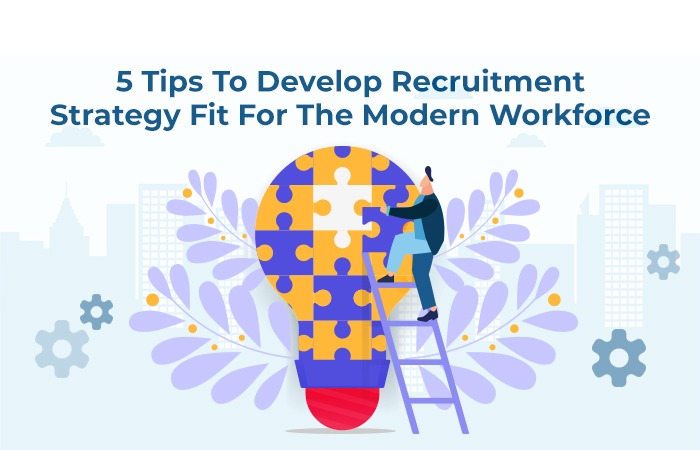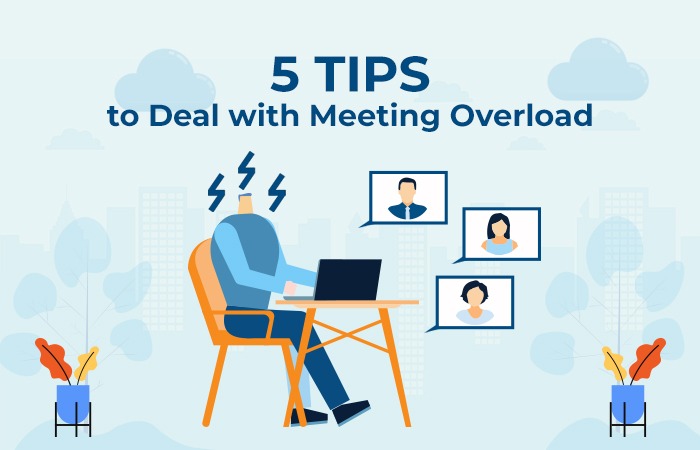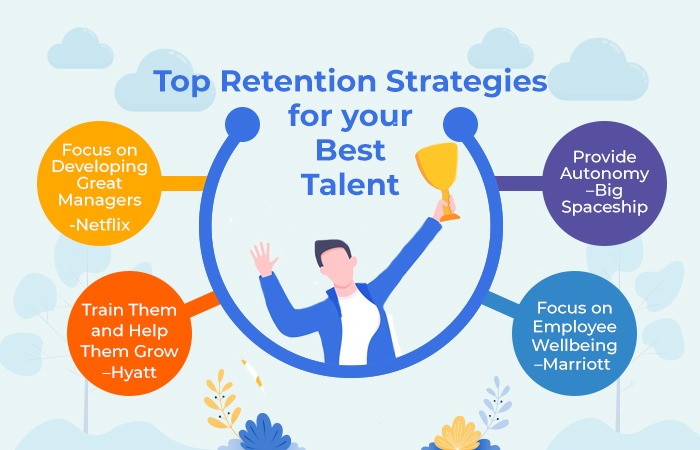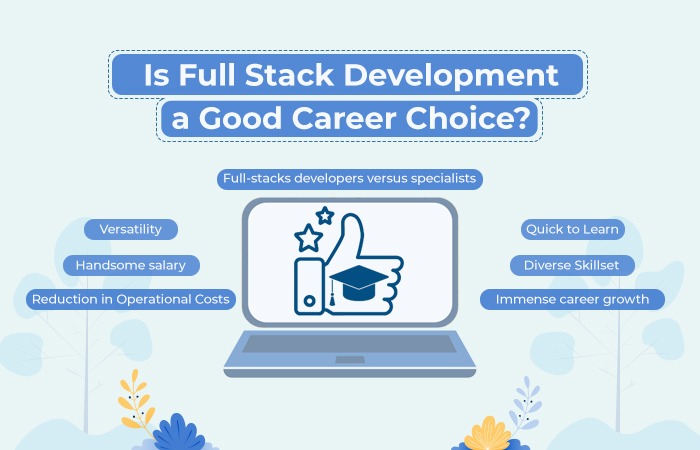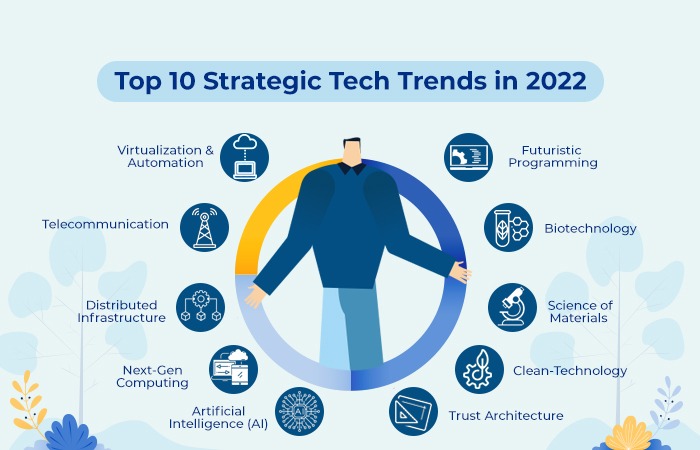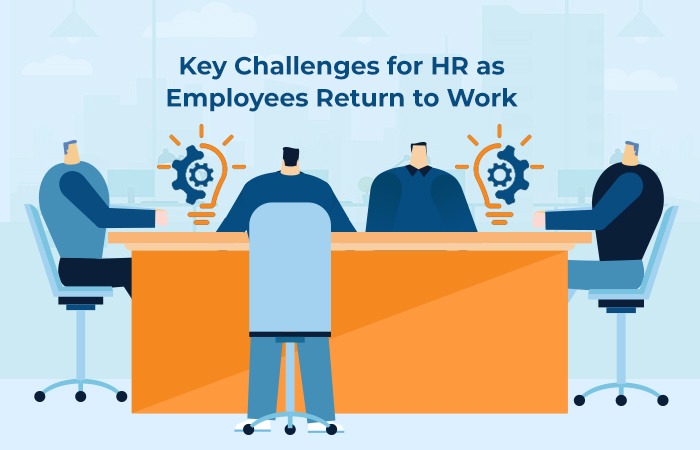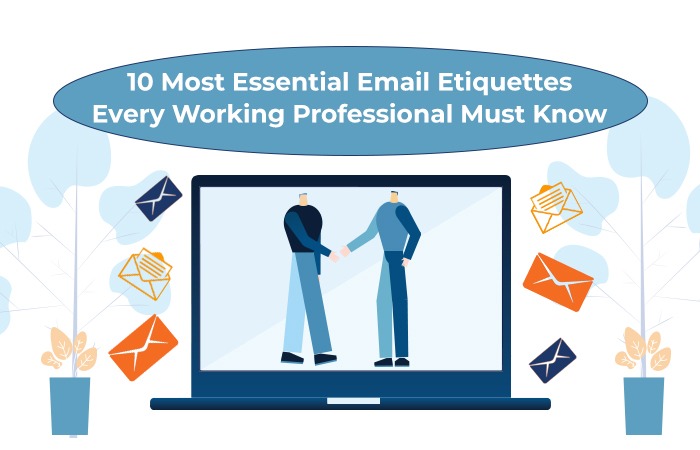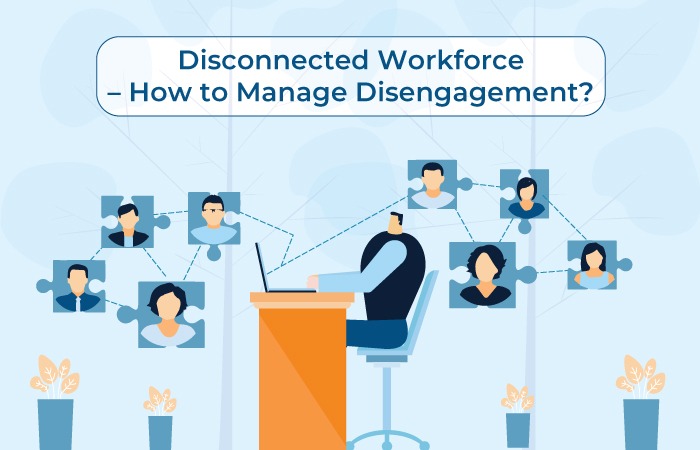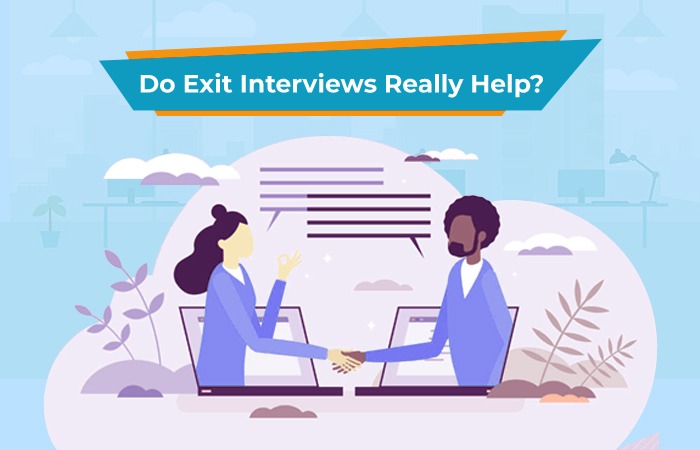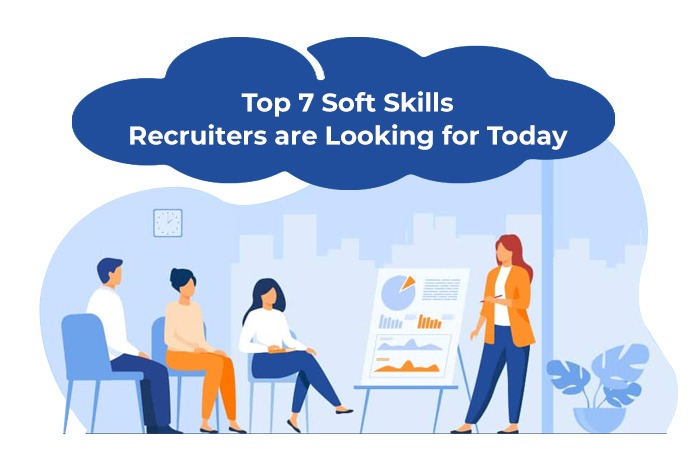The pandemic halted the business for a few months but when life has returned to the new normal, companies are moving fast to complete their recruitment targets.
Recruitment processes have moved online. Interviews are being conducted remotely over audio, video and phone calls. With remote working getting accepted as the way forward, it is but natural for the interview process to be held virtually.
How do you assess the candidate’s attitude, values, competence and cultural fit virtually?
Given below are some tips that can help interviewers be a winner in the recruitment game.
1 – Get Future Ready
Every organisation has its own recruitment process depending on the kind of industry they are in. Moving to remote interviews offers a good opportunity to relook at the process and make it future ready.
Make use of Applicant Tracking System, Online Assessment tools, AI based candidate shortlisting tools to create a more robust and efficient system.
Create a structured recruitment and interview process that enables consistent, reliable and accurate hiring results.
Ensure all the concerned parties are trained for the remote process. Build in a feedback mechanism and improve as you go.
2 – Use Technology
Remote interview may be limiting to both the parties because of the lack of physical interaction. Investing in tools that help you sift through resumes and provide a list of the most eligible candidates makes business sense.
Use online tests and contests to test the proficiency in technical skill-based jobs.
Online assessment tests like personality tests, cultural fit assessment tests etc can be used to gauge the attitude, motivation and cultural fit.
These are more important now given the remote work environment. Better your screening process, shorter will be the hiring time and higher the chances of recruiting the right candidate.
3 – Remote Evaluation of Attitude and Cultural fit
This is one of the aspects that need serious consideration in the remote recruitment scenario. Your virtual interaction needs to provide you enough evidence to decide whether the candidate fits into the role or not.
To do this, you first need to be clear about that skills (technical and soft skills) are you looking for. Your interview technique should be able to evaluate the candidates not just based on the quality of the conversation or the likeability, but evidence.
These are certain tips to help you collect evidence needed to take a decision.
- Ask questions related to their work experience
Ask questions about the kind of work experience or skills you are looking for. If you are looking for digital marketing professionals, ask questions regarding the campaigns they have handled, in detail like “what was the objective of the campaign and how exactly did they meet it?” If they have worked closely on the project, they will be able to answer all the questions well. And it will also depict the passion they have for the job.
Elon Musk asks candidates to describe a few of the most difficult problems they’ve solved and exactly how they solved them.
- Give problem situations and ask them to work out probable solutions
Another way to gauge the attitude, skills and competencies is by presenting them with real-life problems. How they approach the problem and how good are they at offering solutions, obvious and out of the box, shows their attitude and competency.
- Take references seriously
Do a thorough check with the references provided by the candidates. Instead of asking vague questions like “what was it like working with Mr. Vinay?” ask specific questions about the qualities and skills needed for the role, eg “How good is Mr Vinay when it comes to working in collaboration with others?” Or “how self-motivated is Mr. Vinay?”. These are important qualities that you should look for in a remote work or a hybrid work setup.
- Watch for non-verbal cues
Watch out for the body language, eye contact, hand movements, tone of the voice. These non-verbal cues help you understand the confidence and attitude of the candidate. Video chats require more concentration and focus than physical interviews.
4 – Two-way Communication
An interview should be a two-way communication where the candidate gets an equal opportunity to understand the company and the role.
Encourage an open interaction wherein the candidate can ask questions regarding the role and the team. Since the candidate will not be able to see the office environment, it is a good idea to arrange for peer interactions, so that they understand the job profile well. You can also arrange for a small video about the company work culture or a virtual walk through.
These small things go a long way in creating great candidate experience and also helps provide clarity to the candidates about what they are signing up for.
5 – Basic Etiquettes for a Good Candidate Experience
Last but not the least, follow basic etiquettes for a smooth and effective interview.
- Over- communicate – Inform the candidate about the process, mode of interview, details of the interviewer, time, duration. Provide reminders. Let them know if they need to prepare anything beforehand
- Do not speak over each other – Basic communication etiquettes require you to listen and focus on what is being said. Give the candidate time to answer. Be patient in case of any technical glitch.
- Do not take other calls or use your phone during the interview.
- Be punctual and stick to the schedule.
These tips will help you devise an effective interview process that is not just a meeting with a potential candidate but an informative & interactive conversation for both the parties.
Happy Hiring!!!

